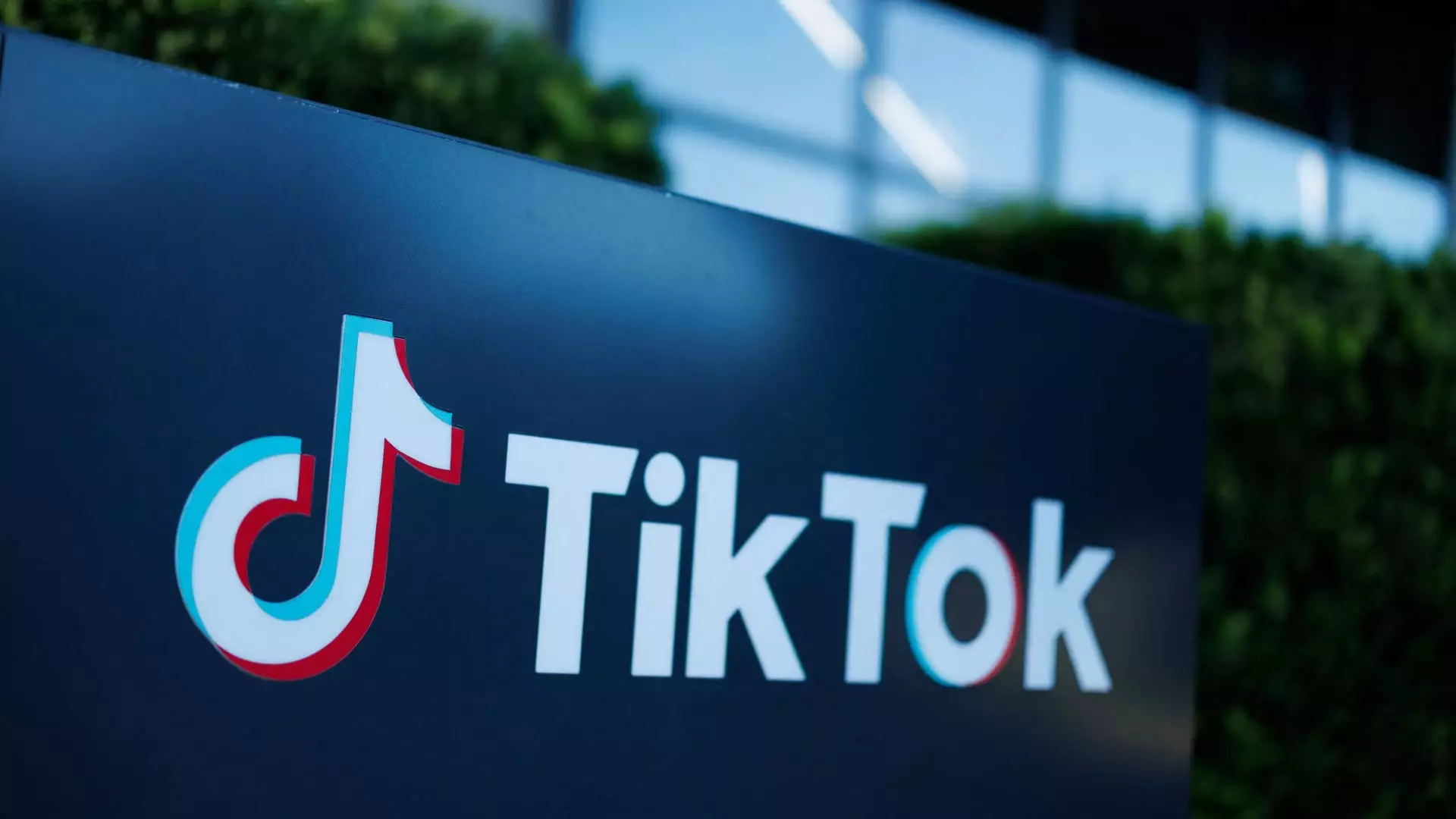In the wake of increasing concern about the impact of social media on younger users, TikTok has found itself at the center of a serious legal battle. Led by District of Columbia Attorney General Brian Schwalb, a bipartisan coalition of attorneys general is challenging the social media giant over allegations of financial exploitation, specifically through its unique in-app virtual currency system. The stakes are high, as the outcome of this case could send ripples through the broader landscape of online platforms and their economic practices, especially those aimed at vulnerable demographics.
At the heart of the lawsuit is TikTok’s use of a virtual currency known as TikTok Coins, which can be purchased with real money and used to acquire digital gifts for content creators during livestreams. These gifts hold real monetary value, allowing creators to exchange them for actual cash. However, the lawsuit contends that this system operates in a manner akin to a casino, where children are essentially wagering on their favorite online personalities without adequate understanding or supervision.
Notably, the app has been accused of violating money transmission laws by facilitating transactions without a proper license. This raises significant questions about the legality of its operations and whether TikTok is exploiting children by allowing them to engage in financial transactions that they are neither legally nor emotionally prepared to handle. The prohibition against unlicensed financial transactions is critical, as it is designed to protect minors from potential financial predation and manipulation.
A significant point raised by experts regarding TikTok’s operations is the manner in which it appears to manipulate the perception and behavior of its young users. This has led to assertions that the platform’s age-verification measures are insufficient. Despite being aware of the shortcomings of these protections, TikTok allegedly fails to take decisive action, thereby allowing children to slip through the cracks and engage in potentially harmful financial activities.
Gabriel Robins, a professor of computer science, emphasized the naivety of young users regarding their financial interactions. According to him, the vibrant and engaging interface of TikTok may lead children to underestimate the seriousness of spending real money on virtual tokens. The design appeal, coupled with the thrill of engagement, can mask the risks involved, effectively making children vulnerable to what can be described as economic exploitation. This analysis reveals a broader trend among tech companies that blur the lines around ethical responsibilities, particularly toward younger audiences.
The legal actions taken against TikTok could potentially set a precedent for how similar platforms should define and regulate economic transactions. With an increasing number of companies seeking to monetize content creation through digital currencies or tokens, the scrutiny placed on TikTok’s practices highlights an essential need for regulatory clarity and consumer protection in an ever-evolving digital marketplace.
Brooke Erin Duffy, a communication specialist, notes that this lawsuit may compel other social media companies to reevaluate their economic frameworks, particularly as they cater to a youthful user base. Companies may now face intensified pressure to implement robust measures that can ensure the safety and financial well-being of their younger users. The outcome of this case could prompt a rethinking of the industry norms regarding in-app purchases and digital currencies, fostering a more secure environment for all users, particularly minors.
Navigating the realm of digital currency within social media platforms is not merely about technological advancements or market competitiveness; it embodies a profound ethical obligation to protect young users from financial exploitation. The allegations against TikTok, spearheaded by various state attorneys general, stand as a critical reflection of the need for strong regulatory frameworks in an industry that often prioritizes profit over user welfare.
As this case unfolds, it will be crucial for stakeholders—including legal entities, consumer advocates, and the platforms themselves—to engage in dialogue about how to balance innovation with responsibility. Only through such discussions can the implications of digital engagement be appropriately addressed, ensuring that all users, particularly the most vulnerable, are safeguarded against predatory practices.


Leave a Reply